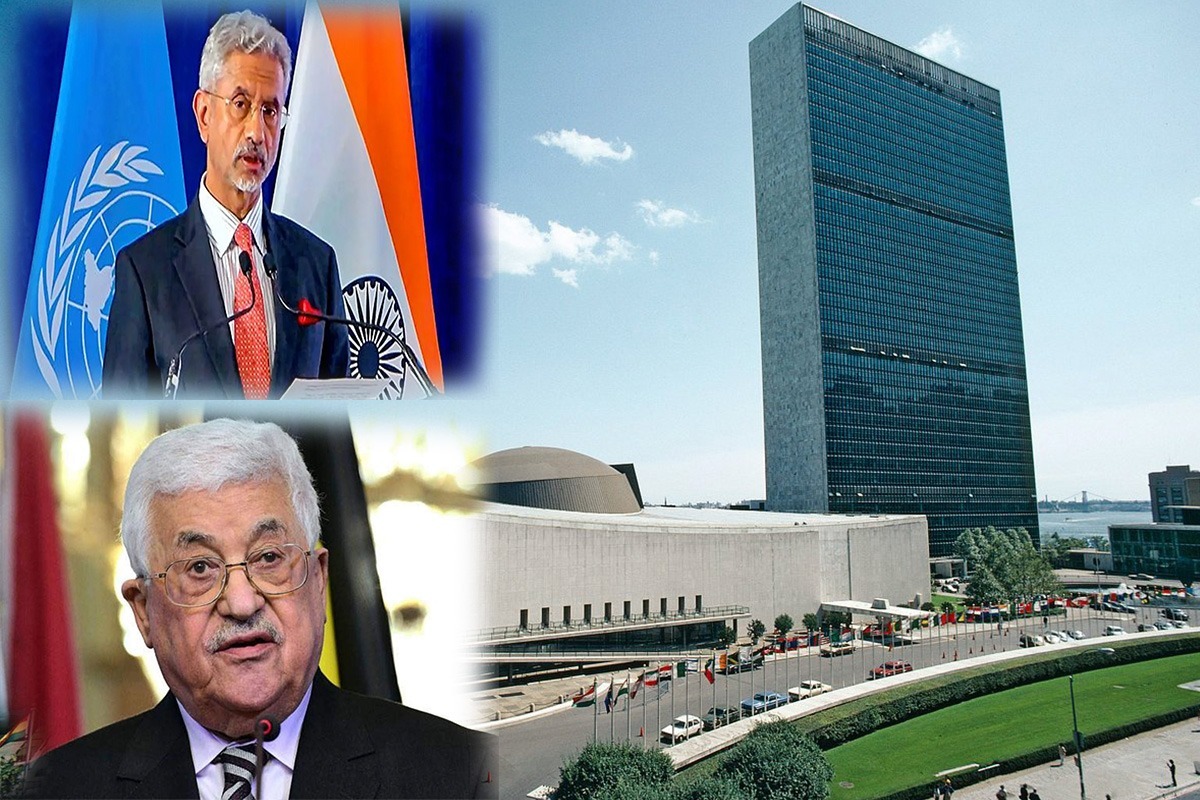

India’s vote in favour of a UN General Assembly resolution demanding an immediate humanitarian ceasefire in the Israel-Hamas conflict and the unconditional release of all hostages is a welcome and commendable step. It reflects India’s consistent and principled position on the Palestine question, as well as its concern for the humanitarian crisis and loss of life in the region.
The resolution, introduced by Egypt at an Emergency Special Session, received overwhelming support from the international community, with 153 votes in favour, 23 abstentions, and 10 against. India’s Permanent Representative to the UN, Ruchira Kamboj, highlighted the multiple dimensions and challenges facing the region, including the terrorist attack in Israel on October 7, the need to observe international humanitarian law, and the endeavour to find a peaceful and lasting two-state solution.
India also voted in favour of a US-proposed amendment that unequivocally condemned the heinous terrorist attacks by Hamas that triggered the conflict. This shows India’s balanced and nuanced approach, as well as its condemnation of violence and terrorism in all forms. It also contrasts with India’s abstention in a previous resolution on the Israel-Hamas conflict in October, which focused on humanitarian truce and unhindered access in Gaza.
Also Read: Galaxy of CMs from BJP ruled states attend MP CM’s oathtaking
The resolution comes amid global concern and efforts to address the Israel-Hamas conflict, which has resulted in a massive humanitarian toll and civilian casualties. According to the UN Office for the Coordination of Humanitarian Affairs, more than 1,200 people, including 33 children, were killed in the attacks by Hamas and other groups on October 74. Over 18,000 Palestinians have been killed in Gaza, with around 70 per cent being women and children, and nearly 50,000 reported injuries.
The resolution also follows the recent failure of the UN Security Council to adopt a resolution demanding an immediate ceasefire, with the US vetoing the text. The Security Council resolution, tabled by the United Arab Emirates and backed by over 90 Member States, had 13 votes in its favour, while the UK abstained. The deadlock in the Security Council underscores the need for reform and greater representation of emerging powers like India, which can play a constructive role in resolving global issues.
India’s backing of the ceasefire resolution in the UN General Assembly is a step in the right direction, as it demonstrates India’s commitment to the cause of peace, justice, and human rights in the Middle East. It also reaffirms India’s support for a two-state solution, based on the relevant UN resolutions, the Arab Peace Initiative, and the Quartet Roadmap, with Israel and Palestine living side by side in secure and recognized borders.
India has a long-standing and historic relationship with both Israel and Palestine and has maintained a careful balance in its engagement with both sides. India has also extended development and humanitarian assistance to Palestine and has supported its aspirations for statehood and dignity. India has also deepened its strategic and economic ties with Israel and has cooperated in various fields, including defence, agriculture, science, and technology.
India’s vote in the UN General Assembly reflects its independent and pragmatic foreign policy, as well as its willingness to take a stand on important global issues. It also shows India’s leadership and responsibility as a rising power and a candidate for a permanent seat in the UN Security Council. India’s backing of the ceasefire resolution in the UN on Gaza is a step in the right direction and a positive contribution to the international efforts to end the violence and suffering in the region.